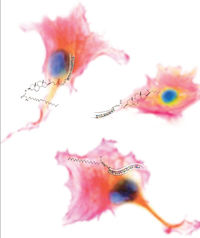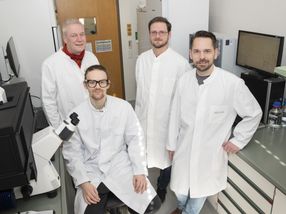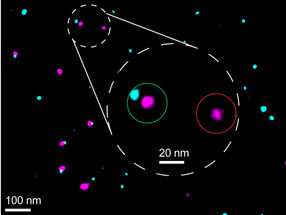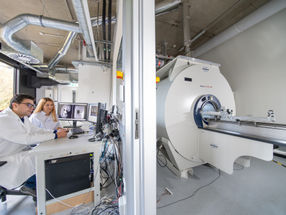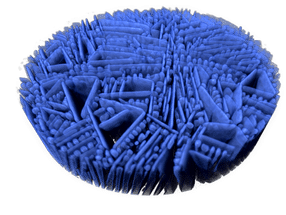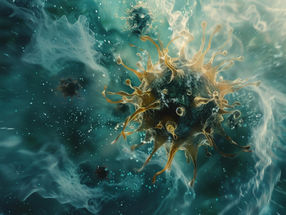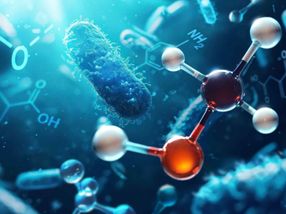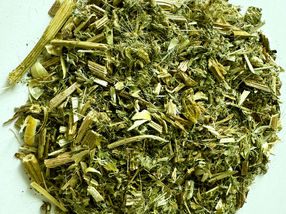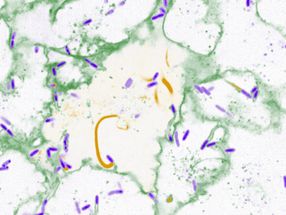Inactivation of SARS virus in blood
INACTINE Process Effectively Inactivates Both Strains of the SARS Virus
28-Jul-2003
V.I. Technologies, Inc. a biotechnology company dedicated to developing products that improve the safety of the blood supply by pathogen reduction, announced today that its INACTINE pathogen reduction system for red blood cells was successful in inactivating the virus that causes Severe Acute Respiratory Syndrome (SARS). The research demonstrated eradication of both the Asian and Toronto strains of the SARS virus in red blood cells experimentally contaminated with high titers of the deadly virus.
The SARS inactivation study will be presented by Vitex at the National Heart, Lung, and Blood Institute Workshop on Pathogen Reduction and Blood Component Safety: Critical Issues and Decision Making on July 31 in Bethesda, Maryland.
Although the SARS virus has yet to be demonstrated to be transmitted via a blood transfusion, the concern for such transmission has been heightened by its detection in blood. The World Health Organization (WHO) issued recommendations on blood donor deferrals for individuals in areas with recent local transmission of the disease and travelers to those areas. Similar guidance was provided by the FDA earlier this year.
"The SARS virus is an example of an emerging pathogen that can potentially affect the safety of the world's blood supply," said John Barr, President and CEO of Vitex. "This data gives us confidence that, if the INACTINE pathogen reduction technology were in place, it could prevent the transmission of this infectious agent by blood transfusion. Our virology staff continues to perform cutting edge research to demonstrate the viral inactivation power of the INACTINE technology."
Most read news
Other news from the department science

Get the life science industry in your inbox
From now on, don't miss a thing: Our newsletter for biotechnology, pharma and life sciences brings you up to date every Tuesday and Thursday. The latest industry news, product highlights and innovations - compact and easy to understand in your inbox. Researched by us so you don't have to.
